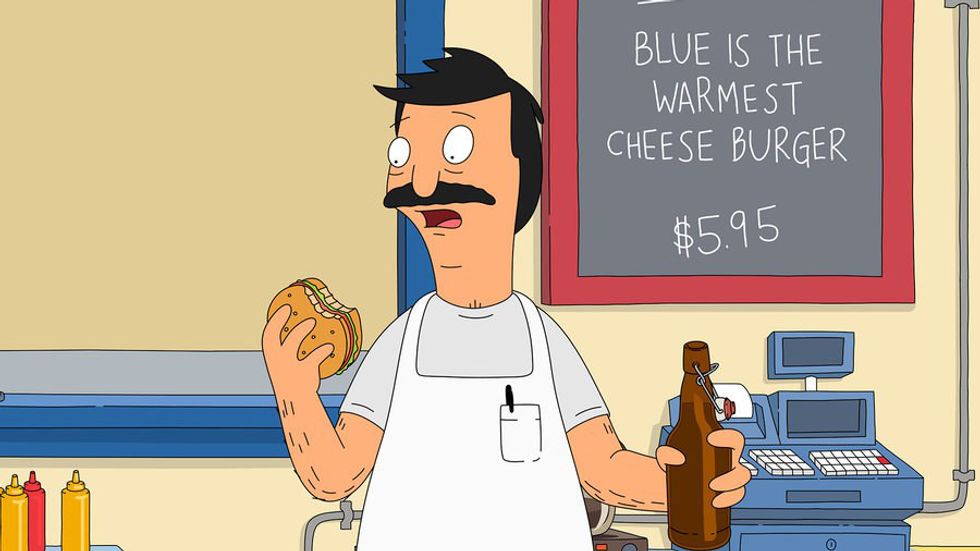“Be a man.” If you were born male, you’ve undoubtedly heard this phrase or some incarnation of it. “Toughen up. Don’t show your emotions. Don’t cry. Don’t be a pussy.” Whether you took these words to heart or let them roll off of you, they still have a profound impact on any man’s life. Often, this comes in the form of anger and resentment that can lie dormant for years, but eventually, will be brought to the surface. Hyper masculine socialization is akin to a poison with a delayed release. Every time a man feels the need to use violence to defend his masculinity, some of that poison releases and, eventually, the man will fully succumb to it resulting in tragedy.
The bombardment of these masculinity statements has created something truly hideous within many men. Not only do they aim to guard themselves, but they also aim to diminish others around them, most often, comparing them to women. This occurs very often in middle and high school, as young males are forming their own social identities. “Pussy, sissy, fairy, etc.” are hurled at other males as if the worst possible insult you could imagine is to call him feminine. It’s an archaic mindset that has stayed with too many men today: that women are, in some way, inferior to men.
There is an inherent need to challenge anyone who would attempt to diminish a man’s own masculinity. This includes even their own family. Domestic and spousal abuse are far too common, not only in America but on a global scale. According to the book “The Macho Paradox” by Jackson Katz, “…men are still permitted to mistreat women in the privacy of their homes and relationships and suffer only limited consequences.” Even our society focuses on how it’s the woman’s responsibility to get out of an abusive relationship if she is unhappy or fearful. This just pushes the responsibility away from the man, yet again. There’s a far simpler solution: men should simply not abuse others. This includes not only physical, psychological, and emotional abuse but also control. Some males believe in hiding everything from their spouses, including finances, social interactions, etc. Some may just claim it’s testosterone, but the reality is that socialization plays a far greater role.
Men are shaped from the moment they are old enough to understand human speech and grow throughout their young adulthood, often reaching complete cognitive development somewhere around age 25. That’s a significant range in which young men are influenced by their surroundings. They compete with other males for the attention of females, and those who do not receive the attention they desire will often turn to insults. If you can’t make yourself better, you can try to make everyone around you look worse. And there lies the heart of the problem. That mentality becomes internalized and alters their behavior towards both sexes. The hardening of their exterior façade has turned their internal selves toxic.
But where is this behavior learned? Most often, this comes from a man’s parents, specifically, the father. Parents are the first form of socialization that any child experiences and for the longest amount of time. What a child witnesses will always be internalized. Eventually, this turns to emulation. I have witnessed much of this behavior within my own family having a mentally abusive brother-in-law. I have witnessed him rip mail out of my sister’s hands because she is “not allowed” to go through the mail. Make no mistake: this is a form of abuse.
So long as men pass along the toxic mindset of hyper masculinity to future generations, we will continue to encounter more men who are incapable of basic human emotion. We will see more cases of domestic abuse and violent outbursts among men.
I challenge all of you men out there to look at yourselves critically and identify one trait you feel has shaped you in a negative way and work at it over the next few years to align your behavior in a way that builds others up instead of tearing them down.



































